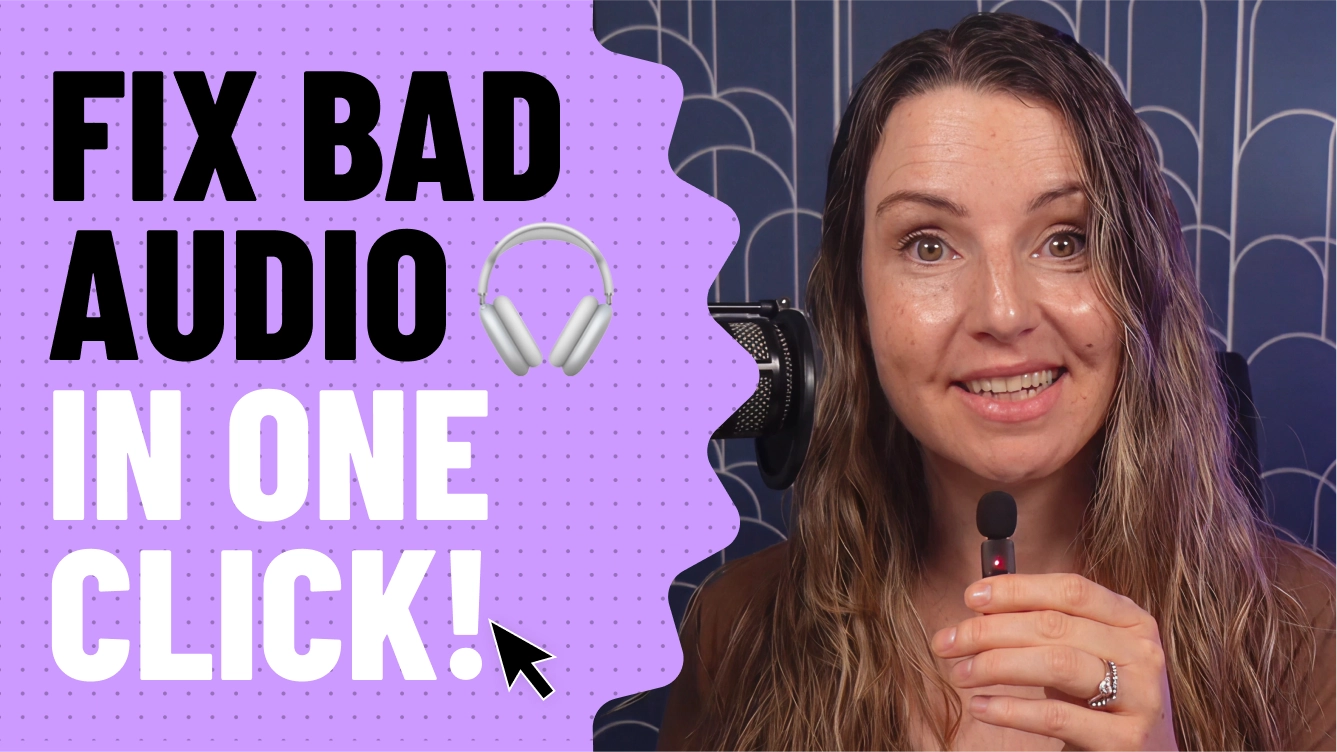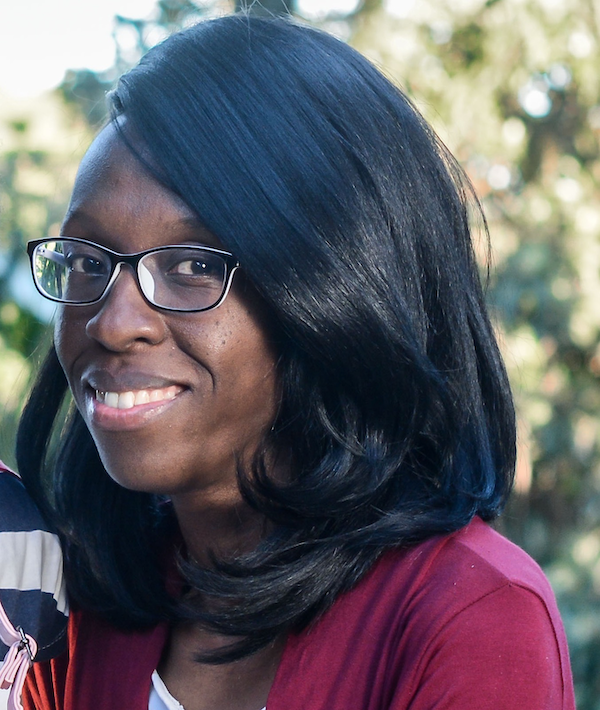Intro and outro music elevates a podcast. It’s sonic branding — a common thread running through every episode. In the intro, it warms up your listeners and sets the tone. In the outro, it smooths the transition back to reality.
But, like not paying the protection money Ira Glass demands each month, podcast intro music can get you in legal trouble. You need the appropriate permissions to use it, and for popular songs, they can be hard to get. Even for multimillion dollar podcasts.
Below, we break down why, and highlight 12 places to find usable audio.
Why it’s not worth licensing commercial music
Commercial music is music marketed to the general public — radio hits, songs you hear in movies, that kind of thing.
The problem: The rights to this type of music are often professionally managed by performing rights organizations (PROs), which sell licenses, collect royalties, and sue over improper music usage. A PRO has even sued a Cleveland bar over a cover band show.
Usually, licensing commercial music for a podcast intro takes more time and money than it’s worth.
- It’s time-consuming: To use copyrighted music in their shows, podcasters usually need two music licenses, one for the composition and one for the recording. There’s no Amazon for music rights — you have to do your own detective work to identify, contact, and (ideally!) persuade the rights holders to let you use their song. On some songs, you’ll get a hard no and have to start your search over.
- It’s pricey: Copyright laws don’t put a cap on the licensing fees rights-holders can charge for copyrighted songs — and often they can charge tens of thousands of dollars.
Thankfully, there are alternatives.
What kind of podcast music can you use?
If you want to find affordable podcast intro music you can use without personally contacting Dua Lipa (or her PRO), these three types of creator-friendly music can help.
1. Creative Commons music
With a Creative Commons copyright license, composers can mark their work “Some rights reserved” and specify select free use cases for it.
Podcasters can usually use Creative Commons music as intro music, so long as…
- The license doesn’t specify “No derivative works.”
- You credit the song and license type verbally or in your show notes, if the license requires attribution. Most licenses do!
- You’re confident that the Creative Commons licensor actually owns all rights to the piece of music — it’s not guaranteed, and it’s especially unlikely for covers or remixes that involve third-party works.
2. Public domain music
This is music for which all copyright has expired, and it’s free to use in basically any way.
For example: “Jingle Bells” is the most popular public domain composition, according to the Public Domain Information Project charts — though you may still need a license to use a modern performance of it in a podcast. (And only a truly bold, innovative podcast would use it as year-round intro music!)
What other songs are in the public domain? The same way it’s hard to figure out who owns the rights to music, it’s hard to tell when music rights have expired.
Some simple rules of thumb…
- All music released more than 95 years ago — so in 2022, all music released before 1927 — is public domain.
- Songs written on or after January 1, 1978 enter the public domain 70 years after their author (or last living author) dies.
3. Royalty-free music
This one is a bit confusing. It isn’t copyright-free music. It’s not free as in $0. It’s more like hassle-free music.
When you license a royalty-free track, you pay once to use it as much as you want in your preferred medium. You don’t have to pay per listener or per use.
12 best places to get podcast intro and outro music
Where do you go to find podcast-friendly music? Here are the top online resources to check out. We’ve broken them into three categories: free, subscription-based and royalty-free.
Free
If you have a podcast budget of $0, you can still find great intro and outro music on these sites.
- Free Stock Music: This compendium of mostly Creative Commons music tracks has an unusually granular search feature. You can search by song length, tempo, and even mood — there’s a dropdown menu of 40+ moods to choose from!
- Free Music Archive: Most of these free-to-download songs have Creative Commons licenses, and you can search by license type to find “podsafe” tracks.
- Silverman Sound Studios: This trove of Creative Commons tracks by musician and sound engineer Shane Ivers is donor-supported, and free to use as long as you credit him.
- Sound Bible: The free clips in this library are really sounds more than music. Think a clip of a barking dog or an airplane landing — great for punching up a stock podcast intro track.
Subscription-based
If you have recurring audio needs — maybe you work on multiple podcasts, or your one podcast needs constant new music — then these paid sites make sense. Many allow unlimited downloads of royalty-free podcast music for one monthly or annual subscription fee.
- Soundstripe: Subscribers get access to 8,000+ high-quality songs, and the right to use any (or all, if you’re ambitious!) on your podcast. If you unsubscribe, you won’t necessarily lose rights to your intro track: Soundstripe sells lifetime licenses for less than $100 per song.
- Musicbed: Creatives for Netflix and Nike use Musicbed to make cinematic ads, and it has a subscription tier for individual creators, too. Podcasters need an active subscription to use songs multiple times or on monetized podcasts, but on the bright side, they’re clear to use the tracks on YouTube, too!
- Storyblocks: This subscription library holds 1 million pieces of “stock media,” including royalty-free music and sound effects. Even if you unsubscribe, whatever you download is yours to use forever — perfect for intro tracks.
- Artlist: This subscription platform lets you search songs by mood, genre, instrument and even gender of vocalists — and if you still have choice paralysis, check out their staff picks. (If you use this option and plan to broadcast your show on the radio, check the fine print — you still might be liable for fees.)
- Epidemic Sound: This platform owns all rights to the 35,000 songs in its catalog, so you can buy licenses for any and all use cases. They also have a special section for songs about “Small Emotions,” which we love.
Pay-per-track
If you just need one or two songs, then these curated libraries with a la carte pricing will work best.
- AudioJungle: This site hosts more than a million songs and sound effects, and you can purchase licenses on a track-by-track basis. Check out the bestseller chart here — inspiring background music is the most popular as of the writing of this article.
- Premium Beat: Powered by Shutterstock, this royalty-free music library sells individual track licenses for about $50 apiece. With these, you can use the song in perpetuity across every podcast episode.
- Audio Network: This library of 200,000+ fully-owned original tracks offers custom licensing options, including options suitable for podcast intros.
The bottom line
Finding intro and outro music that fits your podcast is hard enough — and licensing it can be even harder. Legally, are podcasts more like radio broadcasts, or web videos?
The music catalog and subscription services listed above figure it out so podcasters (mostly) don’t have to.
Still, your podcast will be liable if something goes awry. When in doubt, double check the license details and terms of use.






.jpg)




































